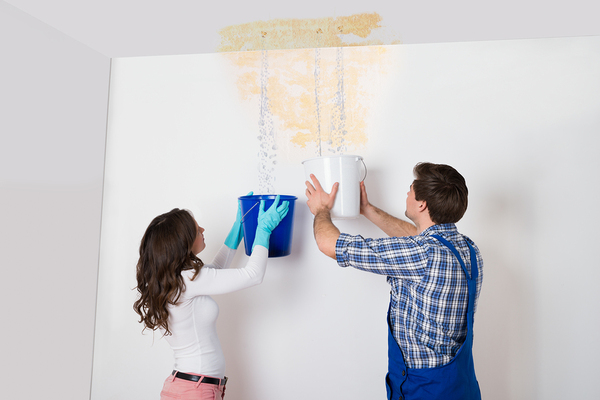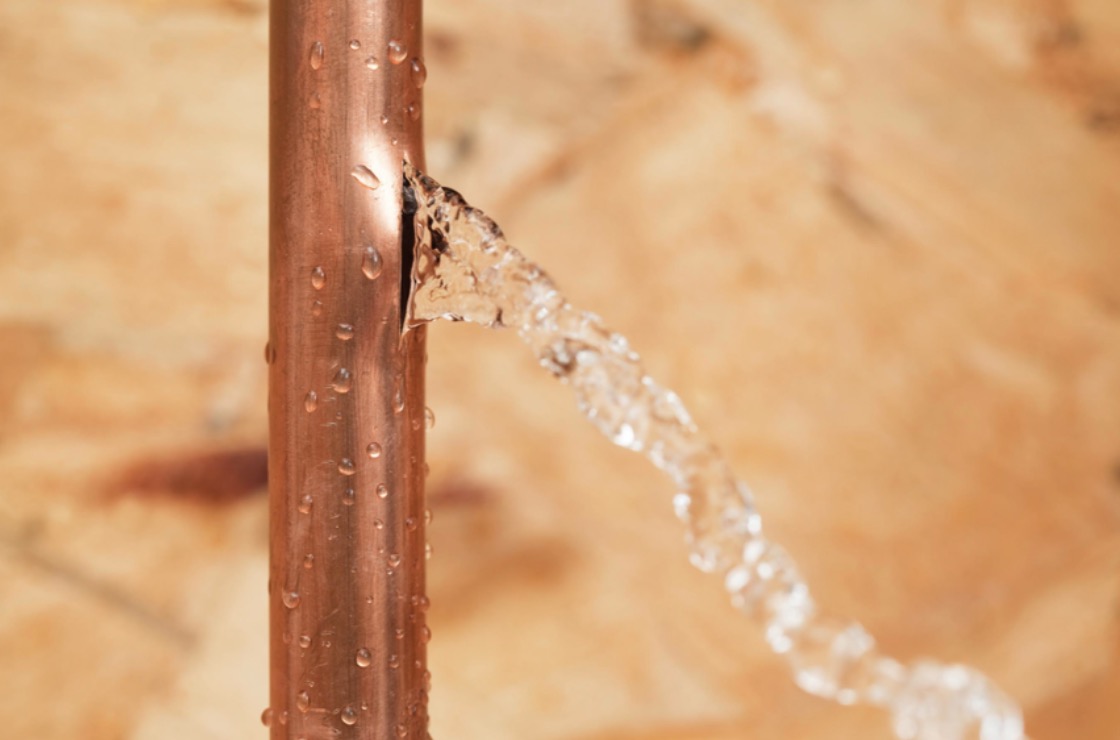Detailing the Six Most Common Causes of Home Water Leaks
Detailing the Six Most Common Causes of Home Water Leaks
Blog Article
We've unearthed this great article relating to How to detect water leaks in your home directly below on the net and concluded it made perfect sense to talk about it with you on my blog.

Leakages not just cause waste of water yet can additionally trigger unnecessary damages to your residence and also promote undesirable natural growth. By recognizing as well as looking for everyday situations that create leaks, you can protect your residence from future leaks and also unnecessary damages.
Immediate temperature level changes.
Severe temperature modifications in our pipelines can cause them to increase and acquire suddenly. This development and contraction might cause fractures in the pipelines, especially if the temperature level are below cold.
Rusty water systems
This might be the cause of staining or bending on your water pipelines. If our plumbing system is old, take into consideration replacing the pipes because they are at a greater threat of deterioration than the more recent models.
Defective Pipe Joints
Pipe joints can deteriorate over time, resulting in water leakages. If you have loud pipelines that make ticking or banging noises, particularly when the warm water is turned on, your pipe joints are possibly under a whole lot of stress.
Intruding roots
Many water leaks start outside the house as opposed to inside it. If you see an unexpected reduction in water pressure, claim in your faucet, take some time to go out and analyze your backyard. You may discover wet patches or sinkholes in your yard, and that could indicate that tree roots are invading water lines creating water to leak out. You can have your plumber check for breach, particularly if you have trees or shrubs near your home.
Poor Water Connectors
At times, a leakage can be triggered by loosened tubes as well as pipes that supply your home appliances. In case of a water connections leakage, you might see water running directly from the supply line or pools around your appliances.
Blocked Drains
Blocked drains pipes might be frustrating and also inconveniencing, yet they can occasionally wind up causing an overflow resulting in rupture pipes. Maintain getting rid of any products that might go down your drains pipes that can obstruct them to stay clear of such aggravations.
All the above are reasons for leaks yet not all water leakages result from plumbing leaks; some leakages may originate from roofing leakages. All leaks need to be repaired right away to prevent water damages.
Leaks not only cause waste of water but can additionally create unneeded damages to your house and advertise unwanted organic development. By comprehending and also looking for day-to-day scenarios that create leakages, you can protect your home from future leaks as well as unnecessary damage. Today, we will look at six leak triggers that might be creating your pipelines to leak.
At times, a leakage can be created by loosened tubes and pipes that supply your appliances. In case of a water connections leak, you may observe water running straight from the supply line or pools around your devices.
How To Check For Water Leak In Your Home
How To Check for Leaks
The average household's leaks can account for nearly 10,000 gallons of water wasted every year and ten percent of homes have leaks that waste 90 gallons or more per day. Common types of leaks found in the home are worn toilet flappers, dripping faucets, and other leaking valves. These types of leaks are often easy to fix, requiring only a few tools and hardware that can pay for themselves in water savings. Fixing easily corrected household water leaks can save homeowners about 10 percent on their water bills.
To check for leaks in your home, you first need to determine whether you're wasting water and then identify the source of the leak. Here are some tips for finding leaks:
Take a look at your water usage during a colder month, such as January or February. If a family of four exceeds 12,000 gallons per month, there are serious leaks.
Check your water meter before and after a two-hour period when no water is being used. If the meter changes at all, you probably have a leak.
Identify toilet leaks by placing a drop of food coloring in the toilet tank. If any color shows up in the bowl after 10 minutes, you have a leak. (Be sure to flush immediately after the experiment to avoid staining the tank.)
Examine faucet gaskets and pipe fittings for any water on the outside of the pipe to check for surface leaks.
Undetected water leaks can happen without the home or business owner even realizing. If you suspect a water leak, but not able to find the source. It is time to contact a professional water leak detection service, The Leak Doctor.
How To Find a Water Leak In Your Home
https://www.leakdoctor.com/blog/How-To-Check-For-Water-Leak-In-Your-Home_AE197.html

Do you enjoy more info about Common Water Leaks In House? Try leaving a remark down the page. We would be glad to see your opinion about this entry. We hope to see you back again in the future. Sharing is nice. Helping others is fun. Thanks a lot for your time. Come back soon.
Visit The Following Page Report this page